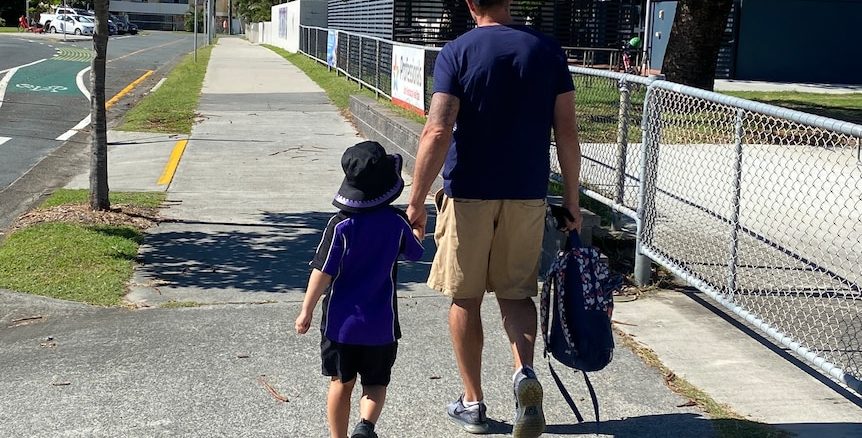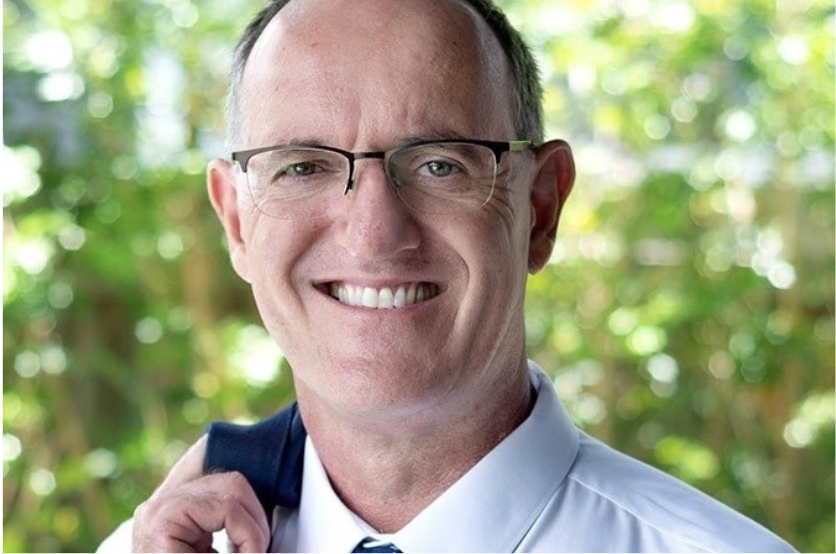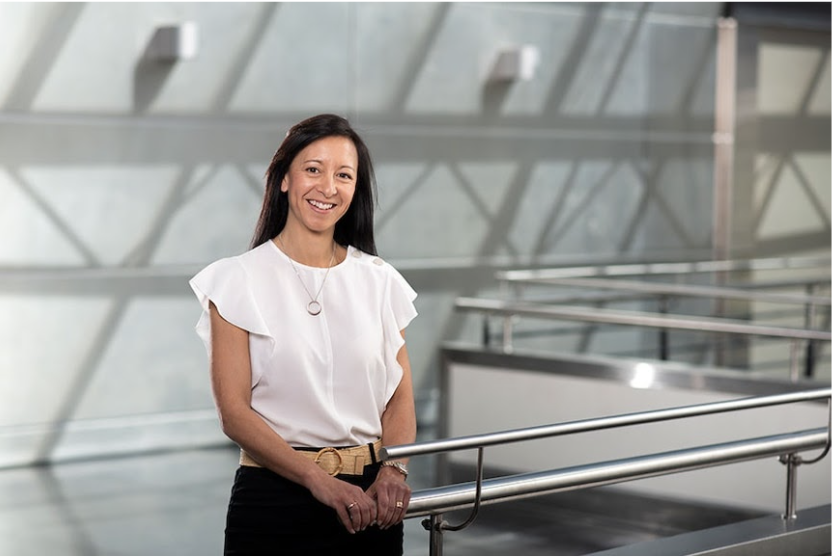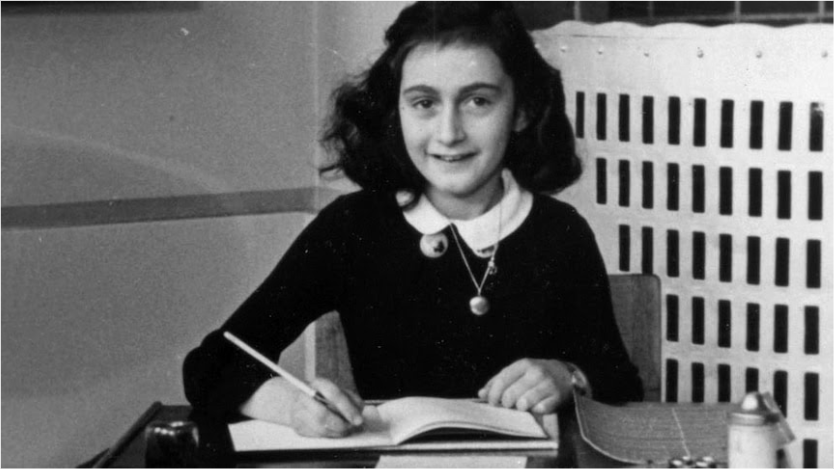
Tuesday, February 1
Going back to school on a budget is proving more difficult this year with inflation and soaring education expenses fuelled by the pandemic, but experts say parents can still try to save on costs, according to a special ABC report.
The report said Futurity Investment Group’s Education Panning Index, released today, estimates the cost of sending a child to a Brisbane state, Catholic or independent school over 13 years will cost $74,988, $158,199, and $273,280 respectively.
The estimate makes Brisbane the cheapest city for a state education, the most expensive for Catholic schooling, and one of the cheaper cities for an independent education.
The index estimated starting state school costs includes $215 on fees, $2,101 for extra tuition, $557 on camps and sports equipment, $525 on devices, and $378 on uniforms and textbooks, “all costing more this year”.
Starting at a Catholic school involves an estimated $2,471 in school fees, $1,051 in extra tuition, $919 on uniforms and textbooks, $841 on school camps and sports equipment, and $788 on electronic devices this year.
The index estimated this year, independent school fees will cost about $10,446, with $3,152 on outside tuition costs, $893 on transport, $788 on school camps and sports equipment and $699 on uniforms and textbooks.
Do you really need to buy all the items on the book list?
Claritude Financial Planning director Phillip McGann said higher inflation, the general increase in the price of all goods and services, was being driven by breakdowns in supply chains because of COVID-19.
Phillip McGann says inflation is driving up prices.(Supplied: Facebook)
He said inflation was flowing all the way through the economy, so goods and services, including back to school were costing people more money.
Mr McGann said it would be difficult for parents to avoid higher prices, but shopping around, researching the cheapest price for an item online, and considering whether you needed to buy the item new, second-hand, or at all, could save families money.
Setting up home-learning costly, survey finds
Futurity Group Executive, Kate Hill said the cost of education had risen at more than double the rate of inflation over the past decade and COVID-19 had exacerbated financial challenges.
“Education costs, including school fees, outside tuition, software and electronic devices are demanding a far greater share of the family budget than in the past,” Ms Hill said.
Queensland families spent an extra $1,535 educating a child at home during COVID-19 pandemic last year, on items including devices, electricity, food, setting up home classrooms, a survey of 1,300 Futurity Investment Group members showed.
Higher fuel prices adding to costly commute
RACQ Head of Public Policy Susan Furze said motorists were facing extremely high petrol prices across the country due to global oil prices, supply and demand issues and overseas military tensions.
“While records are being broken in regional Queensland, the south east is in the discounting phase of its fuel price cycle and unleaded prices will continue to fall into next week,” she said.
Ms Furze said, based on 2017 data from Transport and Main Roads, south-east Queensland families travelled about 4.2 kilometres for primary students, or used an average 0.46 litres of fuel and 7.7km for secondary students, or an average 0.85 litres to drive to school.
She said there were a range of ‘”eco-driving” strategies that could save drivers up to $300 and have a positive environmental impact, including driving smoothly at a steady speed, braking and accelerating gently, and maintaining the recommended tyre pressure.
Fuel prices
- Average price of ULP in Brisbane is 173.7cpl – which is down 8.4cpl in the past seven days
- Average price of ULP on the Gold Coast is 176.4cpl
- Average price of ULP on the Sunshine Coast is 169.7cpl
- Of the regional centres monitored by RACQ, 13 have hit record high prices for unleaded this month
- They include Blackwater, Cairns, Goondiwindi, Ingham, Innisfail, Longreach, Mackay, Moranbah, Mt Isa, Toowoomba, Tully, Warwick and Yeppoon.
Healthy lunch boxes cheaper too
Hunter New England Population Health Nutritionist Dr Rachel Sutherland, who leads the healthy lunch box program Swap It, said it was a myth that fresh foods were more expensive than packaged goods.
Swap It found that the average Australian lunch box includes a sandwich or roll, and three discretionary items that add $3.10 to the price tag everyday.
“So over the school year, that’s $446, and if we replace those with three servings of some everyday healthier items, it can come down to about $1.26 per day, so that’s $181 per year,” she said.
“I think the number one tip for parents is not to overpack. It’s often packed with a lot of food, and that’s to give children a choice, but often they end up throwing it in the bin,” she said.
Dr Sutherland also suggested families could reduce costs by buying in-season fruit and vegetables, buying in bulk, and if they have time, making their own healthy snacks, such as vegetable sticks.
Hunter New England Population Health Nutritionist Dr Rachel Sutherland.(Supplied: The University of Newcastle)
Dr Sutherland said children generally needed a main item — a sandwich, roll or salad — and fruit or vegetables for a snack, and a recess snack like yoghurt or popcorn.
“Fruit and vegetables don’t always have to be fresh, canned or frozen are also great options and they can save parents money,” she said.
############
The United States and its allies have prepared a list of Russian elites — in or near President Vladimir Putin’s inner circle — to punish with sanctions if Russia sends troops into Ukraine, a senior US official said in the wake of a UN Security Council meeting.
At the meeting, requested by Washington, Moscow lost an attempt to block a public meeting discussing its troop build-up near Ukraine’s borders and Western fears of an invasion.
US Ambassador Linda Thomas-Greenfield dismissed a charge by Russian Ambassador Vassily Nebenzia that Washington was trying “to whip up hysterics” and use “megaphone diplomacy” by calling the first Security Council meeting on the crisis.
“Imagine how uncomfortable you would be if you had 100,000 troops on your border,” Ms Thomas-Greenfield said.
She added that, although the US was seeking a peaceful resolution without confrontation, “we will be decisive, swift and united should Russia further invade Ukraine”.
The vote on holding an open meeting passed 10-2, with Russia and China opposed, and three abstentions. It only needed nine votes to be approved.
UN Under-Secretary-General for Political Affairs Rosemary DiCarlo then went ahead with an open briefing that was followed by speeches from the 15 council members.
Russia’s UN ambassador Vassily Nebenzia said the West’s assertion that it had amassed 100,000 troops near Ukraine had not been confirmed by the international body and there was no proof it was planning military action.
Mr Nebenzia said US talk of war was “provocative”, that Russia frequently deployed troops in its own territory, and that Ukraine’s crisis was a domestic issue.
After the meeting, US President Joe Biden said in a statement the gathering was “a critical step in rallying the world to speak out in one voice”, to reject the use of force, seek military de-escalation, support diplomacy and demand accountability from every member “to refrain from military aggression against its neighbours”.
Both Washington and London declined to name who they planned to target with the proposed sanctions.
“The individuals we have identified are in or near the inner circles of the Kremlin and play a role in government decision-making or are, at a minimum, complicit in the Kremlin’s destabilising behaviour,” a US official in Washington said.
“Putin’s cronies will no longer be able to use their spouses or other family members as proxies to evade sanctions.
“Sanctions would cut them off from the international financial system and ensure that they and their family members will no longer be able to enjoy the perks of parking their money in the West and attending elite Western universities.”
Britain again urged Putin to “step back from the brink” after the Russian build-up of troops near Ukraine stoked fears of war, and warned any incursion would trigger sanctions against companies and people close to the Kremlin.
Foreign Secretary Liz Truss said planned legislation would give London new powers to target companies linked to the Russian state, as well as to freeze individuals’ assets and deny them entry to Britain.
Kremlin spokesperson Dmitry Peskov called the British warning “very disturbing”, saying it made Britain less attractive to investors and would hurt British companies.
“It’s not often you see or hear such direct threats to attack business,” he said.
“An attack by a given country on Russian business implies retaliatory measures, and these measures will be formulated based on our interests if necessary.”
########
British Prime Minister Boris Johnson has again apologised to parliament over a series of lockdown parties at Downing Street, after the release of r of parties and have been handed hundreds of documents and photos
On Monday a limited version of the report by senior civil servant Sue Gray was released to the public. It blamed the parties on a “failure of leadership” in Downing Street and the civil service.
Ms Gray condemned some of the behaviour in government as being “difficult to justify”, but also said she could not offer a “meaningful report” — an apparent acknowledgement of a police investigation into other gatherings, which led to only an abridged, 12-page version of the report being released.
These other gatherings include one party that allegedly occurred in the Prime Minister’s flat above his Number 10 office after the departure of his top adviser, Dominic Cummings, in November 2020.
Giving a statement to the House of Commons following the report’s publication, Mr Johnson said he wanted “to say sorry”.
“Sorry for the things we simply did not get right and sorry for the way that this matter has been handled,” he said.
It is not the first time Mr Johnson has apologised to parliament over the parties.
He did so on January 13 following the leak of an email invitation to a “bring your own booze” event at the Downing Street garden, and his office was forced to apologise to the Queen after it was revealed there was a lockdown party the night before Prince Philip’s funeral.
The Prime Minister went on to say his government had to learn from the criticism it had received, and that he would make changes to Downing Street.
“I get it and I will fix it,” he said.
Once the most popular Tory Prime Minister since Margaret Thatcher, Boris Johnson is now facing a potential leadership spill. And a series of lockdown parties could determine his legacy.
#######
A Dutch publisher has suspended its printing of a book that suggests a Jewish notary betrayed Anne Frank, saying there are questions about the research behind it.
The Betrayal of Anne Frank, released on January 18, caused a sensation, with investigators naming Arnold van den Bergh as the main suspect.
Other researchers later criticised the findings, saying they were “full of errors”.
The publisher of the Dutch-language edition, Ambo Anthos, said in an email to its own authors on Monday that it should have taken a more “critical stance” on the publication.
“We await the answers from the researchers to the questions that have emerged and are delaying the decision to print another run,” the email from the Amsterdam firm said.
“We offer our sincere apologies to anyone who might feel offended by the book.”
It did not go into details on the questions and the firm declined to comment further when contacted by Reuters.
Anne Frank hid with her family in an upstairs annexe of an Amsterdam house from 1942 to 1944.(Supplied: Wikipedia)
There was no immediate response to requests for comment from representatives of the author, Rosemary Sullivan, or from the book’s English-language publisher, HarperCollins.
One of the investigators quoted in the book, Pieter van Twisk, told Reuters he had seen the email and the research team was “completely surprised” by its message.
“We had a meeting last week with the editors and talked about the criticism and why we felt it could be deflected and agreed we would come with a detailed reaction later,” he said.
The book detailed the conclusions of a six-year cold case investigation into the mystery of how the Nazis found the hiding place of the famous diarist in 1944.
Anne and seven other Jews were discovered by the Nazis on August 4 of that year, after they had hid for nearly two years in a secret annex above a canal-side warehouse in Amsterdam.
All were deported and Anne died in the Bergen Belsen camp at age 15.
Her diary about life in hiding has been translated into 60 languages.
A team that included a retired US FBI agent and about 20 historians, criminologists and data specialists identified Arnold van den Bergh, a relatively unknown figure, as a leading suspect in revealing the hideout.
ENDS
SheSociety is a site for the women of Australia to share our stories, our experiences, shared learnings and opportunities to connect.




Leave a Reply